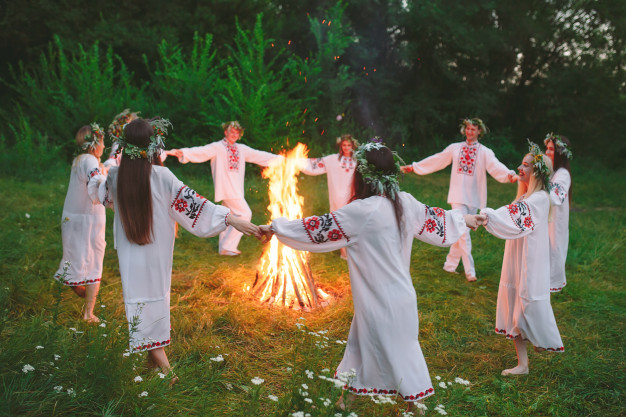
He proposes self-determination and self-surrender as the basic aspects of personality development. The tendency towards self-determination makes the individual unique and the one towards self-surrender allows him to participate in society. The development of only one of those tendencies produces an unhealthy personality and a distasteful society. (This is precisely what the state-oriented education does by fostering the emergence of power-hungry people (that become then political leaders) and obedience-prone masses.)
Personality may be described most adequately when looked upon as a unified dynamic organization – dynamic, because the most significant fact about a human being is not so much his static aspect as his constituting a specific process. This process, the life of the person, is an organized, patterned process. A true organization presupposes an organizing principle, a unifying pattern. All part processes obtain their specific meaning or specific function from this unifying over-all pattern. Therefore, it seems plausible that a tentative formulation of the nature of this pattern could serve as an appropriate model for formulating issues related to the study of personality.
The overall pattern of personality function can be described from two different vantage points:
Viewed from one of these vantage points, the human being seems to be striving basically to assert and to expand his self-determination. He is an autonomous being, a self-governing entity that asserts itself actively instead of reacting passively like a physical body to the impacts of the surrounding world. This fundamental tendency expresses itself in a striving of the person to consolidate and increase his self-government, in other words to exercise his freedom. This tendency toward increased autonomy expresses itself in spontaneity, self-assertiveness, striving for freedom and for mastery. In an objective fashion this tendency can be described as follows: the human being is an autonomous unity that, acting upon the surrounding world, molds and modifies it. His life is a resultant of self-determination on the one hand and the impacts of the surrounding world, on the other. This basic tendency, the trend toward increased autonomy, expresses the person’s striving from a state of lesser self-determination (and greater situational influence) to a state of greater self-determination (and lesser situational influence).
Seen from another vantage point, human life reveals a very different basic pattern from the one described above. From this point of view the person appears to seek a place for himself in a larger unit of which he strives to become a part. In the first tendency we see him struggling for centrality in his world, trying to organize in his own way the objects and events of his world, to bring them under his own jurisdiction and government. In the second tendency he seems rather to strive to surrender himself willingly to seek a home for himself in and to become an organic part of something that he conceives as greater than himself. The super-organismal unit of which one feels oneself a part, or wishes to become a part, may be variously formulated according to one’s cultural background and personal understanding. The superordinate whole may be represented for a person by a social unit – family, clan, nation – by a cause or by a meaningfully ordered universe.
These two tendencies of the human being, the tendency to increase his self-determination in his expanding personal world, and the tendency to surrender himself willingly to a superordinate whole, can be summed up by saying that a psychologically healthy human being comports himself as if he were a holon of a holarchic order. The human being is both an organizer of his immediate personal world and a participant in what he conceives as the superordinate whole to which he belongs.
The basic human attitude that makes humans behave as part of a larger whole reflects itself in his relationship to the other participants of its social world. If someone’s behavior is determined exclusively by his urge for mastery, his attitude toward others could be only as toward means to his ends. But experiencing others as coparticipants in a larger whole (its survival circle – be it its tribe or the whole planet) brings another facet of his nature into manifestation. To recognize and to accept the otherness of a person means to respect him as a valuable being in his own right, in his independence (relational self). This attitude is incongruous with any idea of possessiveness or any tendency to use him as means to an end, be this in the form of exploitation, domination, possessiveness, or some other attitude. In other words, it is incongruous with the healthy human nature to try to reduce someone (from your survival circle) to “an item in one’s personal world”, to try to make him comply with one’s demands, or to try to exert power over him in whatever way.
I have described the over-all pattern of personality functioning as a two-directional orientation: self-determination on the one hand and self-surrender on the other. As in the tendency toward increased autonomy, one strives to master and govern the environment, one discovers that one cannot do this effectively by direct application of force, by sheer violence, but can do it by understanding and respecting the laws of its social environment (the golden rule, the moral/ inner commandments). Similarly, bringing one’s best to a loving relationship requires not only capacity for self-surrender but also a degree of self-determination, a mastery of one’s world, resourcefulness and self-reliance, without which every one of its relationship is in danger of deteriorating into helpless dependency, exploitation, possessiveness, etc.
